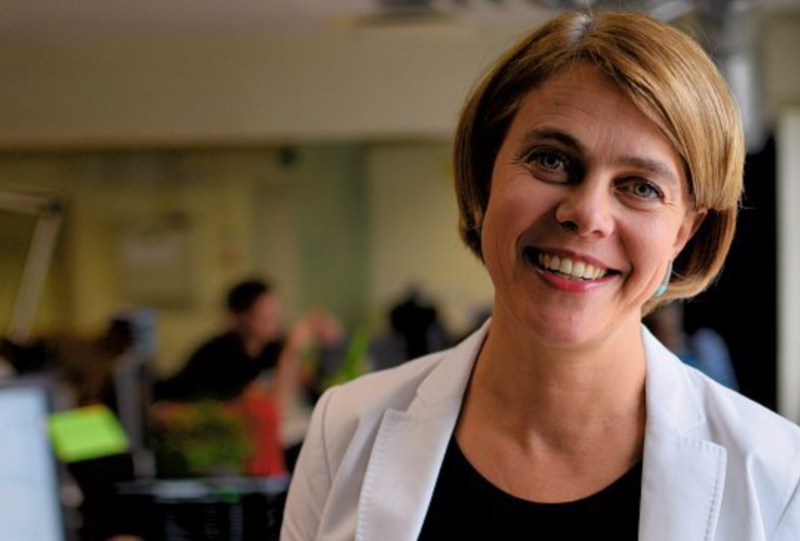— Exchanges are finding it pays to use blockchain
Kaidi Ruusalepp, a former CEO of the Nasdaq Tallinn stock exchange, has built something akin to a stock exchange for growth startups based on blockchain technology. Her company, Funderbeam — which was recently voted European Fintech Startup of the year, has created a funding and trading engine for growth companies which can issue tradable securities. The platform is part research tool and part investment platform, providing a way for startups to raise funding and for investors to invest in potentially high growth companies. Funderbeam’s underlying technology is a type of crypto-currency.“We kind of tokenize equity investment,” says Rusalepp. “We record, every single trade on the blockchain so we don’t need clearing houses and central security depositories.
The reason stock exchanges exist is to inject trust. “That’s their main business, says Ruusalepp., “to provide the trust, to say ‘we can confirm that the funds are now transferred or the securities are now transferred’ but once the blockchain and cryptocurrencies become the intermediaries then the function of trust is fulfilled by the technology and not by intermediaries.”
Funderbeam launched its platform of funding and trading in April of last year. “At the start we had only four startups raising funds and Funderbeam amongst those four — to test whether the tech and business model could get some liquidity for the startup companies . We proved it. We have 15 companies trading and investors from 94 countries. Now we just need to scale. “

Traditional stock markets are also investing in blockchain. The functioning of stock exchanges involves procedures that can be time consuming, cost inefficient, cumbersome, and prone to risks. The multi-layered processes — pre-trade, trade, post-trade and custody, and securities servicing — is extremely complex. Blockchain technology helps to make the process more straightforward.
Nasdaq was among the first to embrace the technology. Called Nasdaq Linq it uses blockchain technology to power capitalization tables, which private firms use to manage shares in their companies.
The Linq takes what is typically a system of paper certificates, which then become outdated or invali- dated by newer certificates, and makes it more efficient and less prone to errors.
First experiments across the globe
The blockchain-based electronic shareholder voting system solves several problems. It allows people to participate and cast votes remotely, and it allows a shareholder to delegate those votes. Other exchanges are also exploring uses of blockchain.
The Australian Stock Exchange selected U.S.-based blockchain startup Digital Asset Holdings to develop distributed ledger based solutions for clearing and settling trades and later invested in that company. The Korea Exchange is using blockchain technology to enable equity shares of startup companies to be traded in the open market.
The London Stock Exchange,is involved in ways to improve the post-trade space using the blockchain technology. And the Luxembourg Stock Exchange has already introduced a blockchain-enabled security system that stores a so-called officially generated signature by appointed mechanism (OAM), along with document type and document URL, in the blockchain.






